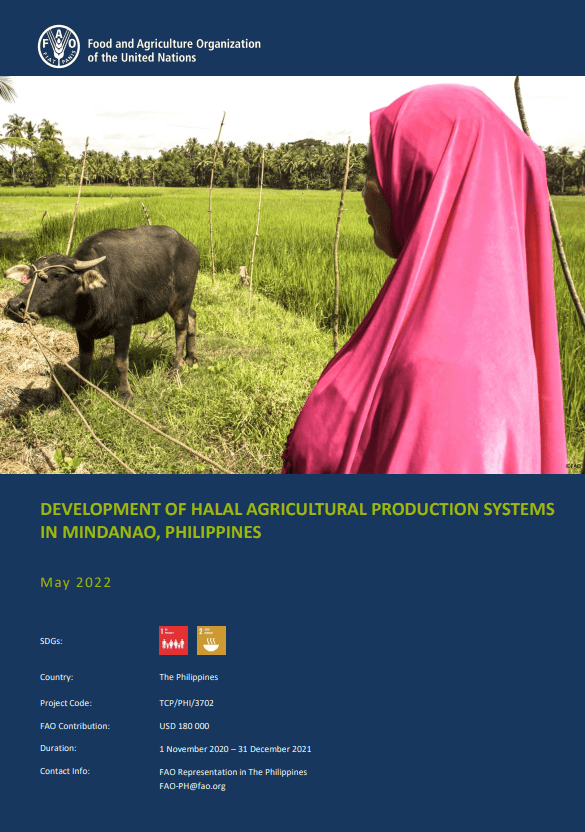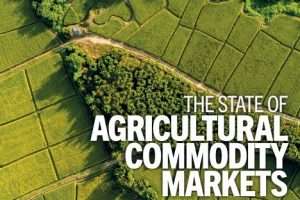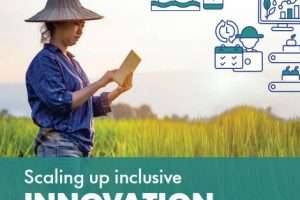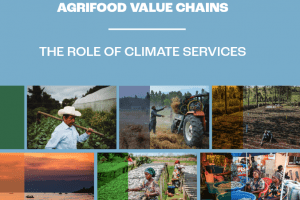The economy of Mindanao is dominated by the agriculture sector. With one-third of its land area devoted to agriculture, the island has been tagged as the country’s food basket. The majority of the country’s total production of high-value commodities, such as rubber, pineapple, banana and coffee, comes from Mindanao. It also supplies over 40 percent of the country’s food requirements and contributes more than 30 percent to the national food trade. The Department of Agriculture (DA) continues to stimulate productivity and gain wider market niches by harnessing emerging global opportunities for local producers. One such opportunity is the growing global market for Halal foods, known to be worth USD 2.95 billion for meat alone, which other non-Muslim countries such as Thailand, Australia, Brazil and Belgium have already successfully entered. In the 2004-2010 Medium Term Philippine Development Plan, Mindanao was cited as the part of the country most suited to the development of the Halal industry. The plan identified the Autonomous Region in Muslim Mindanao (ARMM), the only region with Muslim identity, as the focal area for Halal development. The Philippine Development Plan (2017-2022) aims to expand the economic opportunities of those currently engaged in producing agriculture, forestry and fisheries products and, at the same time, increase access to economic opportunities for small farmers and fishers in order to achieve inclusive growth. The government will also continue to promote climate change adaptation measures, organic agriculture, urban agriculture and Halal food production.
Development of Halal Agricultural Production Systems in Mindanao, Philippines
December 12, 2022
171 Views
2 Min Read

-
Share This!




Add Comment